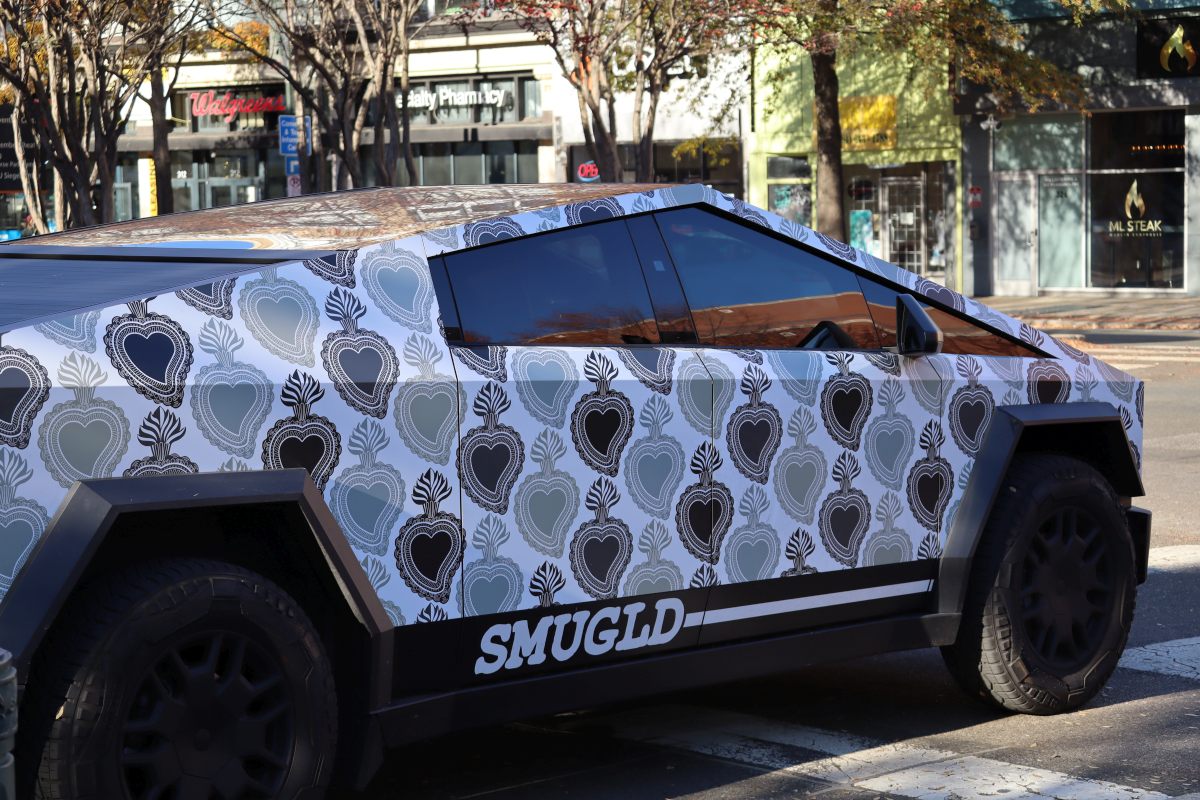WASHINGTON (UNITED STATES) (ITALPRESS) – California is the first state planning to phase out gasoline vehicle sales by 2035, but this decision has not yet been approved at the federal level. Now outgoing President Joe Biden just days from the end of his term is trying to safeguard his climate legacy before he leaves office next month by pursuing multiple climate-focused programs in the final days of his term. This includes greenlighting the ambitious ban on gasoline-powered cars in California from 2035. The transportation sector is responsible for the largest share of greenhouse gas emissions in the United States, and passenger cars account for more than half of transportation emissions. In addition to carbon dioxide that warms the planet, gasoline and diesel cars also emit hazardous byproducts such as nitrogen dioxide, carbon monoxide, and soot that are directly linked to respiratory illnesses.
President-elect Donald Trump will likely attempt to lift the ban on gasoline cars in California, but he may run into legal hurdles. California historically had the most polluted air in the country, but things changed dramatically after the Clean Air Act of the 1970s allowed the EPA, the Environmental Protection Agency, to grant the state a waiver to set its own emissions standards to curb pollution. As it stands, California has the largest market in America for electric vehicles, and its efforts to move away from gasoline-powered cars are recognized worldwide. The Environmental Protection Agency already allows California to set stricter climate and emissions standards than the rest of the United States. Zero-emission vehicle (ZEV) standards set by the California Air Resources Board (CARB) have been adopted by 17 other states including Washington, Colorado and New York.
The Biden administration in this transition phase is implementing a series of last-minute initiatives to armor its climate plans before Trump takes over and threatens to reverse years of progress. The situation of the electric market in California and the rest of the United States is completely opposite to that in Europe, where the sector appears to be struggling despite attempts to pursue the long road to decarbonization through the sale of electric vehicles. In Europe, electrics find space mainly in Norway thanks to renewable energy production and incentives. Other states, however, are struggling much more. Sales of full electric vehicles in Italy are stuck at 4 percent of the total, which is significantly lower than the European average. Globally, the electric market is dominated by China thanks to increasingly advanced technologies, incentives and competitive prices. In addition, more and more Chinese manufacturers are gaining significant market share in Europe, threatening the competitiveness of the automotive industry on the European continent. In the United States, the electric car sector is dominated by Tesla, in constant competition the Chinese brand BYD. Shortly before the election, President Biden proposed the introduction of a 100 percent tax on Chinese car imports. This was a strategic choice from an electoral point of view because of the large presence of many car factories in the swing states. However, the proposal has also generated concerns because in the long run it risks increasing the gap with the Chinese industry that now dominates the market.
– Photo xp6/Italpress –
(ITALPRESS).

